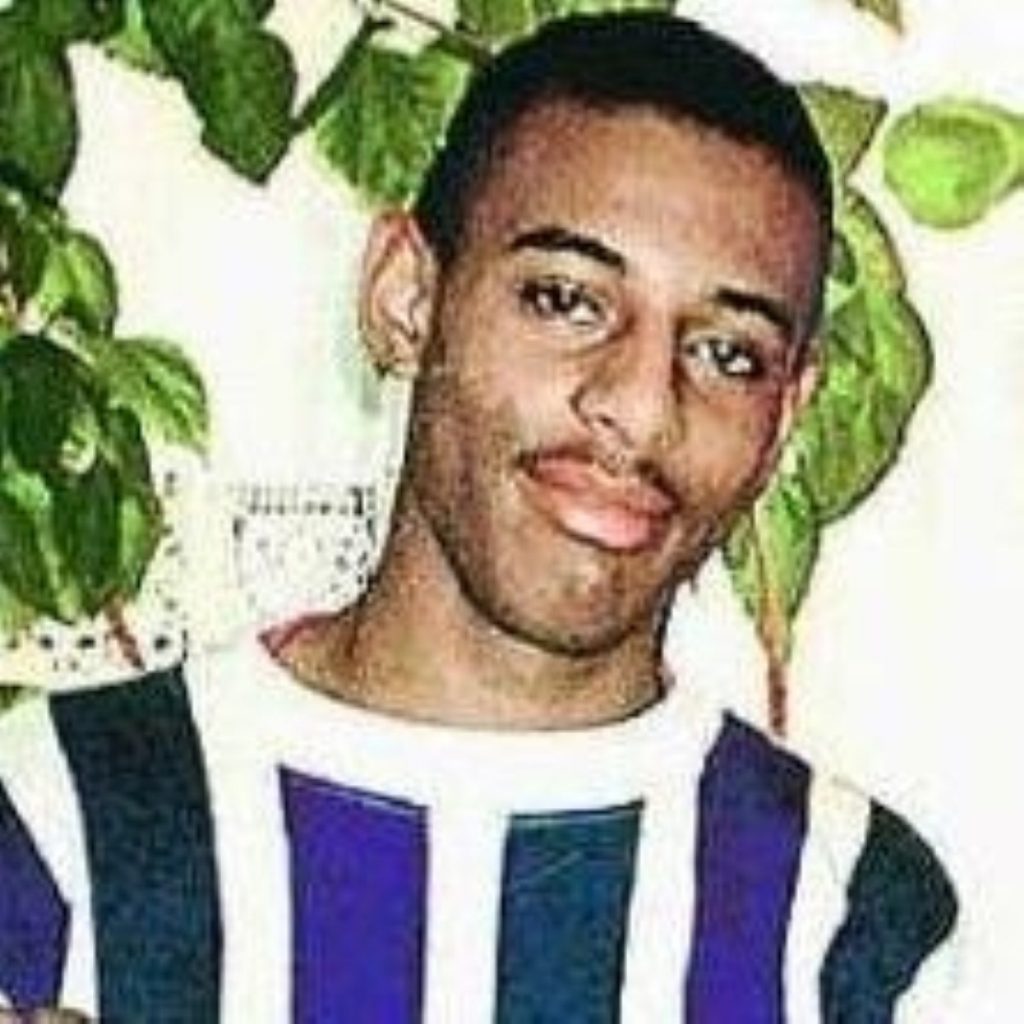Stephen Lawrence: 20 years on the police are still considered racist
On the 20th anniversary of Stephen Lawrence's murder, two in three black and Asian people still consider the police force to be "institutionally racist", a poll has found.
Forty-five per cent of black and Asian people say they have no trust in the police, according to a Populus poll.
"There are no grounds for thinking everything is fine and dandy, because it isn't. There are still racist officers," home secretary Theresa May wrote in the Mail.
"There are also officers who unconsciously treat those whose race is different to their own in unacceptable ways.


"Though their number is diminishing, there is still a great deal to do before we achieve a police force that is recognised by everyone as treating all members of our community fairly."
Lawrence was murdered with a knife by up to six people in Eltham, south-east London, on this day in 1993, aged 18.
The police investigation into the killing was marred by professional incompetence, institutional racism and a failure of leadership, according to a game-changing report by Sir William Macpherson.
Its explosive finding that the police force was "institutionally racist" was initially rejected by the then-Metropolitan police commissioner Paul Condon, but it soon came to be accepted and triggered substantial changes in the way the police responded to racist crimes.
The report led to a major effort to bolster the number of ethnic minority officers in the police, the creation of the Independent Police Complaints Commission, a focus on racially-aggravated crimes and the abolition of the 'double jeopardy' rule, allowing people to be tried twice for the same crime if new evidence emerges.
That eventually led to the imprisonment of two of the killers, Gary Dobson and David Norris, although Lawrence's parents have not given up on securing the conviction of the other people involved in the murder. They have successfully lobbied the police to keep the investigation on the murder open.
The couple are separated by continents today, as the father leaves flowers on his son's grave in Jamaica while the mother attends a memorial service in London.
"The senseless killing of Stephen Lawrence in 1993 was a tragedy," said David Cameron.
"It was also a moment that sparked monumental change in our society – change that has been brought about by the tireless efforts of Stephen's family in challenging the police, government and society to examine themselves and ask difficult questions."
Labour leader Ed Miliband commented: "Stephen Lawrence's death exposed the deep-seated racism in parts of our society, including within the police. Over the last 20 years, this has dramatically improved, but we must continue to ensure that people in our society are not discriminated against because of the colour of their skin.
"Today is also a day to pay tribute to Doreen and Neville Lawrence who have shown incredible strength as they fought, and continue to fight, for justice for their son."
The response to the Macpherson report saw Britain adopt perhaps the strongest anti-discrimination powers in western Europe.
But in other areas progress has been slow. Police have failed to get the same ratio of ethnic minority officers in the force as there are in the general population, with the current level stuck at five per cent.
The situation with stop-and-search has actually worsened. When Lawrence died in 1993 a black person was five times more likely to be stopped-and-searched, but that figure has now increased to seven-times.
Some 52% of stops-and-searches in London are against black and minority ethnic people – far in excess of their proportion of the population.












